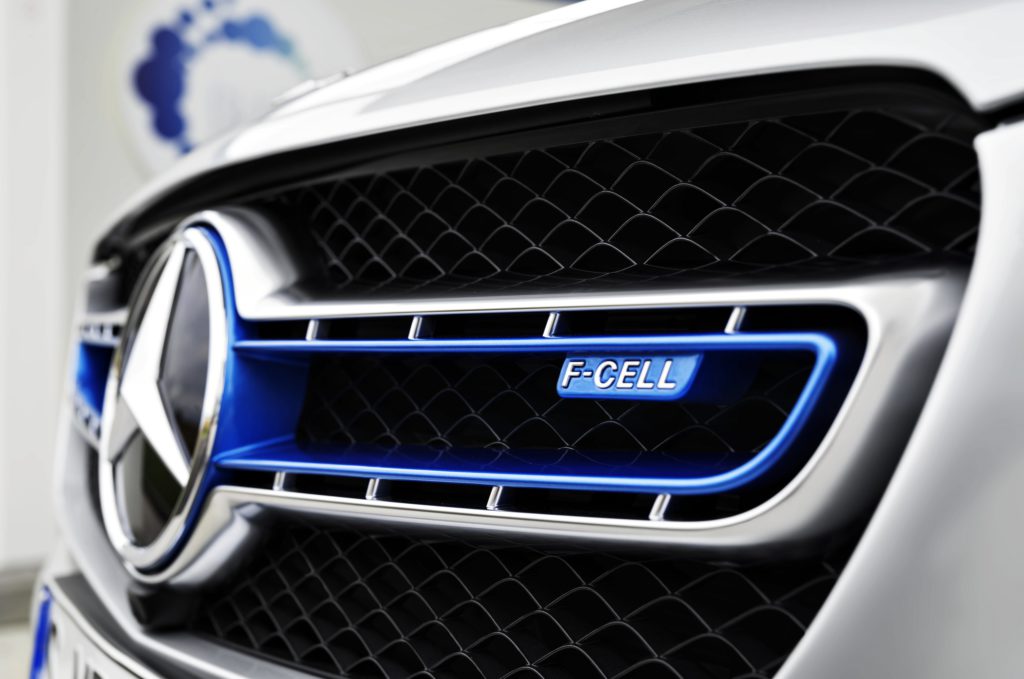Daimler outlines why hydrogen is an important step for the automotive market
21 March 2018

21 March 2018
While manufacturers focus on electrification of their fleets, there are some that believe a more viable alternative to petrol and diesel can be found in hydrogen. German manufacturer Daimler has released some articles and facts as it continues its development of this area.
The carmaker believes that the potential of hydrogen fuel cell technology is ′beyond question’ as it plays a major role in the discussion of ways in which companies both within and outside the automotive industry reach global climate targets. Operation of a hydrogen-powered fuel cell vehicle causes neither local pollutant nor CO2 emissions.
′With the constantly growing proportion of renewable energy, hydrogen will play an increasingly important part in the overall energy system and therefore become more and more attractive for the mobility sector,’ Daimler says in a statement. ′Alongside the current focus on battery technology and the rollout of the model initiative under the EQ brand, Daimler AG is continuing with its activities in the field of fuel cell technology.’
Daimler introduced its Mercedes-Benz GLC F-Cell at the IAA in Frankfurt last year, combining a fuel cell with battery technology to produce a plug-in hybrid vehicle (PHEV) which would make the most of its driving range. However, the company has suggested that EVs will account for up to 25% of its global sales by 2025.
′Fuel cell technology is an integral part of our powertrain strategy,’ comments Christian Mohrdieck, head of Daimler’s fuel cell drive system development in the group’s research & development unit. ′The advantages are very clear to us: zero emissions, long ranges and short tanking times, plus a wide range of applications from cars to buses, other large commercial vehicles and not least also for stationary applications.’
When it comes to the hydrogen fuelling infrastructure, progress is constantly being made. Together with its partners in the H2 Mobility joint venture, Daimler has already drawn up a concrete action plan. The network of filling stations is scheduled to reach 100 by the end of 2019, and by 2023, there will be a network of up to 400 hydrogen filling stations. Similar infrastructure projects are being promoted in Europe, the USA and Japan.
In November last year, a number of manufacturers came together to back the development of hydrogen vehicles. At the time, Jochen Hermann, head of development of electric drives at Mercedes-Benz, commented on Daimler’s drive vision: ′Hydrogen is a pillar of our low-energy strategy.’
Manufacturers including Toyota and Hyundai are exploring hydrogen fuel cell technology as well, with Toyota believing that the technology will reach price parity with hybrid vehicles by 2025.
Photograph courtesy of Daimler